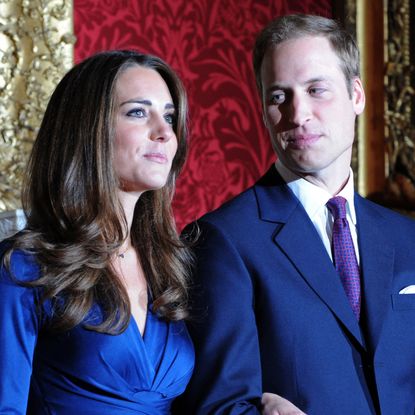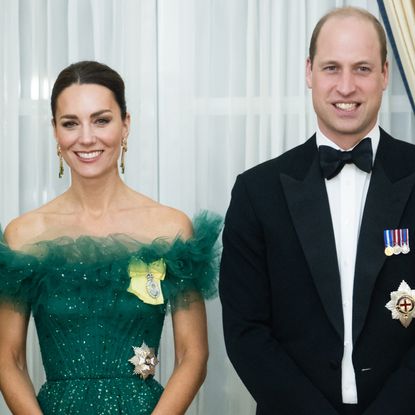relationships
Discover expert analysis and the modern take on relationships, brought to you by Marie Claire.
-
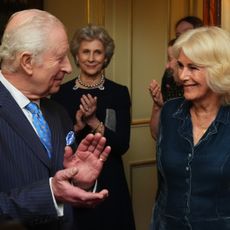
Expert Reveals the "Powerful Affect" Queen Camilla Has on King Charles
"This steady, unobtrusive support has played a crucial part in strengthening Charles's confidence."
By Amy Mackelden Published
-

Princess Kate and Prince William "Hid" Incredible "Secret"
"They were both so relaxed, and she looked incredibly demure."
By Amy Mackelden Published
-
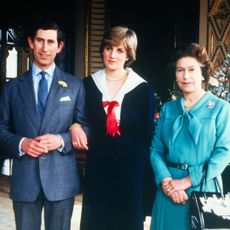
Queen Elizabeth Should've "Worked Harder" as a Matchmaker
"She wasn't really focused on Charles in the same way."
By Amy Mackelden Published
-

Kate and William Are Different "When the Cameras Drop"
"You'll often see them walk away."
By Amy Mackelden Published
-

Prince Constantine-Alexios Might Be Dating a Hollywood Star
The dashing royal has ignited romance rumors after being seen with a famous actress.
By Amy Mackelden Published
-

Sarah Ferguson "Takes a Dim View" of Prince Andrew's "Game"
"Woe betide them if they didn't."
By Amy Mackelden Published
-

Princess Diana and Sarah Ferguson's Friendship "Disintegrated"
"It was too much to ask."
By Amy Mackelden Published
-

The Duchess of Kent "Broke Protocol" in Surprising Way
The late royal made quite an impact at the couple's nuptials.
By Amy Mackelden Published
-
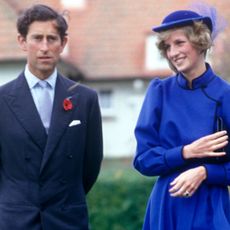
Royal Hairdresser Recalls Charles "Ranting"
"I dunno what he's going on about."
By Amy Mackelden Published
-

How Prince Harry Reacted When Fan Proclaimed Their Love
"He is definitely the People's Prince just like his mother."
By Amy Mackelden Published
-

Diana "Hated" Royal Family's "Barbaric" Tradition
A former royal butler recounted the gruesome details of Diana's "first stalking party" in a new book.
By Amy Mackelden Published
-

Princess Diana Felt She Had to "Put on a Facade"
"I gave him four good years and he was gone."
By Amy Mackelden Published
-
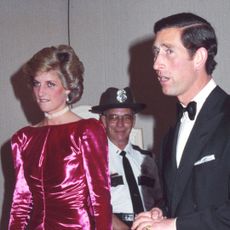
Royal Butler on Charles and Diana's "Epic Arguments"
"I only married you to have children."
By Amy Mackelden Published
-
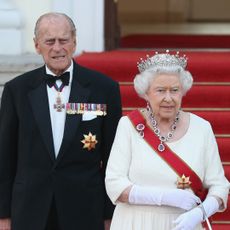
The Queen's Response When Philip Criticized Her Corgis
"The Queen liked having her dogs in the bedroom—even in bed with her."
By Amy Mackelden Published
-

How Duchess Sophie Ruined Her Relationship With Diana
There was apparently "no love lost" between the pair.
By Amy Mackelden Published
-
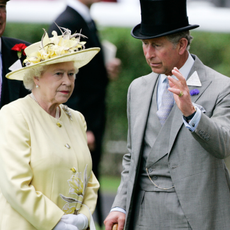
Queen Elizabeth Was "Reluctant to Acknowledge" Camilla
"It was decided this was the right time for her to be absorbed into things."
By Amy Mackelden Published
-
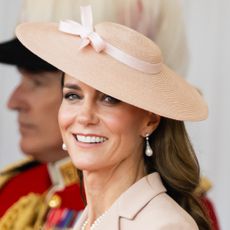
Royal Relative Reduces Kate to "Shriek of Giggles"
"They have always been two middle-class girls battling their way through the Royal Family."
By Amy Mackelden Published
-

Gigi Hadid Embraces Fall Dressing With Preppy Loafers
The model perfected her airport style with a slouchy Liffner bag and a cozy candy pink cardigan.
By Amy Mackelden Published
-

Kate and William Are "Very Strict About Their Boundaries"
"They are not afraid to say no when necessary," one royal source claimed.
By Amy Mackelden Published
-

Source Says Taylor Swift "Wants to Be With Travis Forever"
"They want to be married."
By Amy Mackelden Published
-

Kylie Jenner and Timothée Chalamet Are "Making It Work"
Rumors of a split started after the actor missed Kylie's 28th birthday.
By Amy Mackelden Published
-
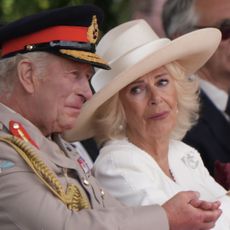
Camilla Started Crying After Charles Was Called "Brave"
One veteran praised Charles for attending "in spite of the fact...he's under treatment for cancer."
By Amy Mackelden Published
-

The One Surprising Food Prince Harry Refuses to Eat
The Duchess of Sussex reveals her husband's strange aversion in the new 'With Love, Meghan' trailer.
By Amy Mackelden Published
-

Hailey Bieber Coordinates With Justin for Date Night
Her LBD hails from Tom Ford's Spring 2003 collection for the fashion house.
By Amy Mackelden Published
-
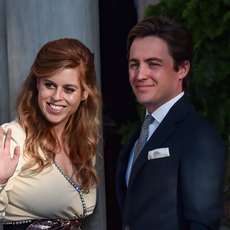
Royal Family Celebrates Princess Beatrice's 37th Birthday
"We love you so much."
By Amy Mackelden Published
-
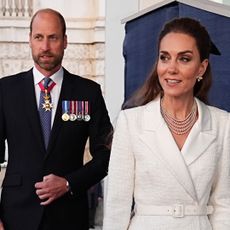
Kate and William Focused on "Survival of the Monarchy"
According to one royal expert, Kate and William "understand fully" what's expected of them.
By Amy Mackelden Published
